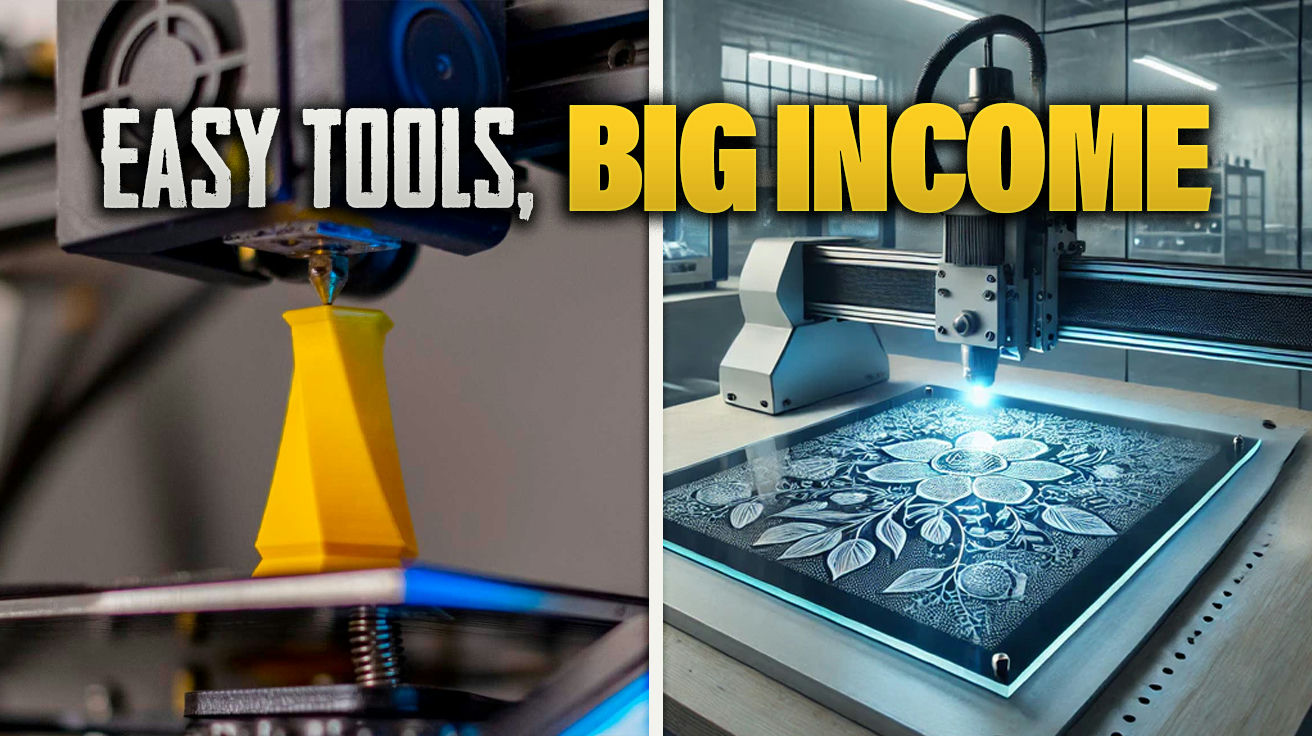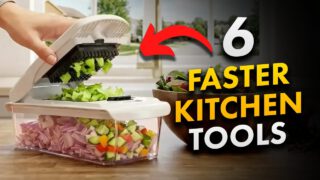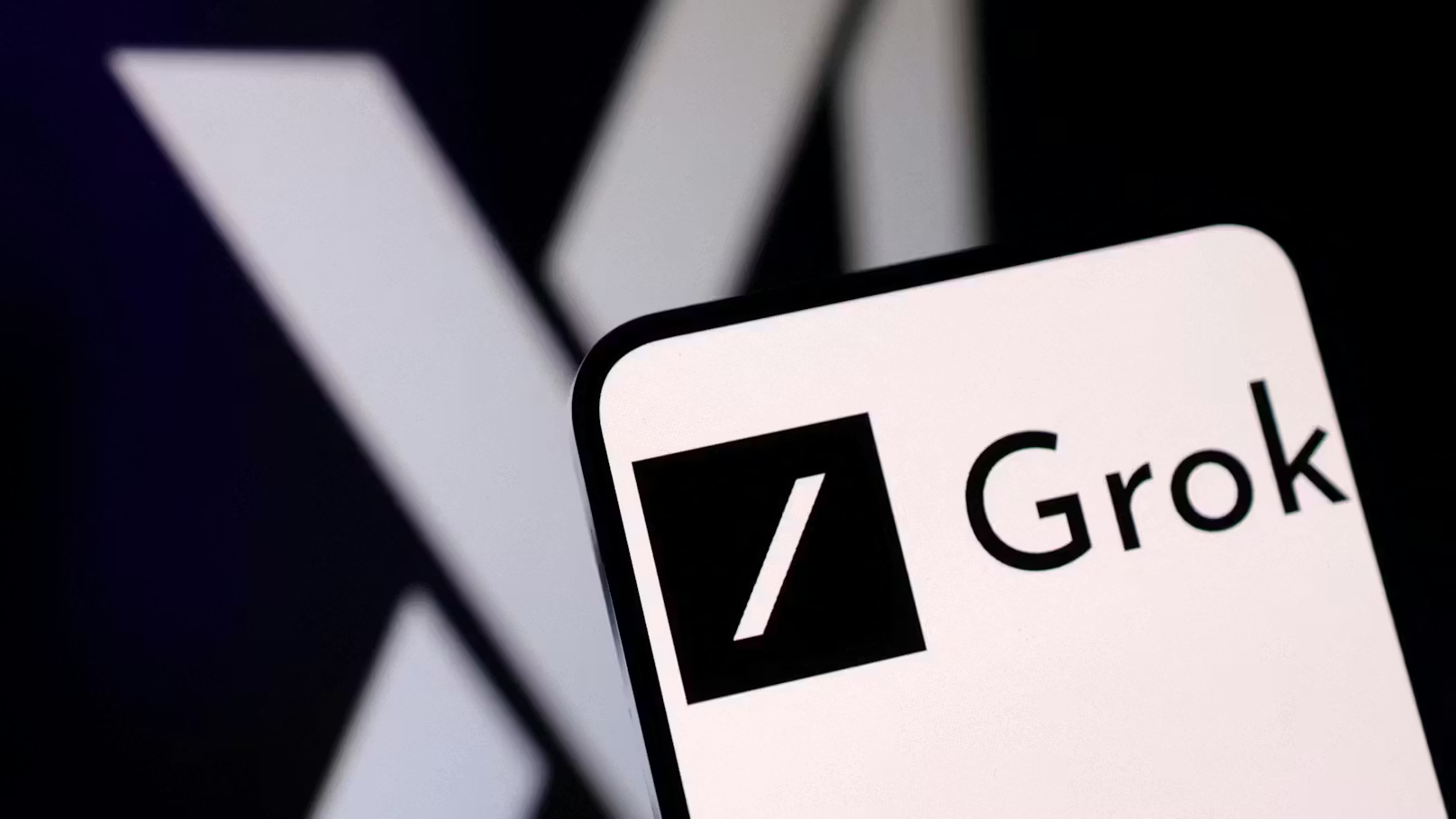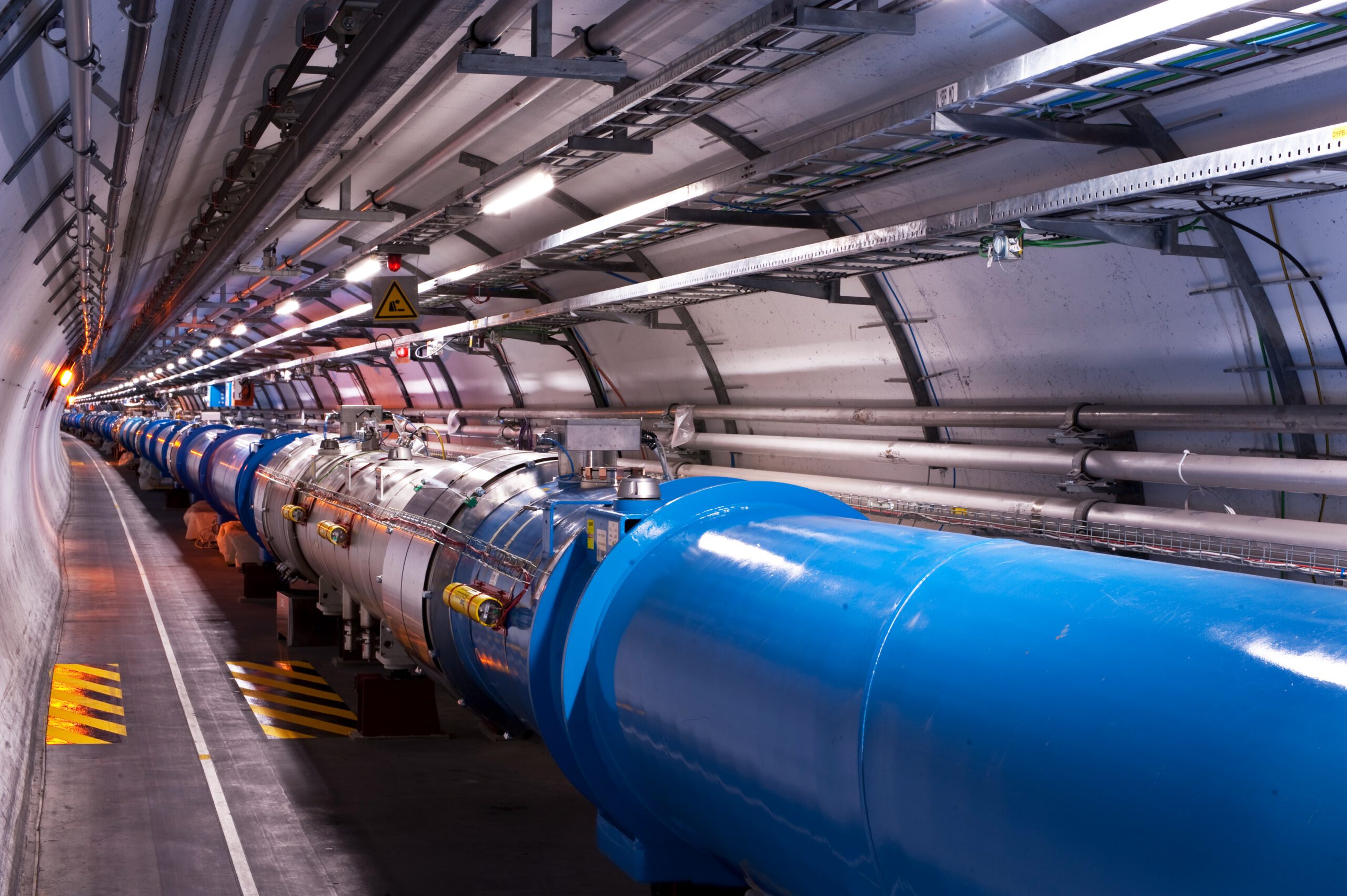Picture transforming your spare room into a thriving micro-factory. The rise of affordable Chinese machinery is reshaping home-based manufacturing like a digital gold rush—except instead of panning for nuggets, you’re pressing, cutting, and molding your way to profits. Compact, powerful machines now bring factory capabilities to your doorstep, eliminating huge overhead and complex logistics. These devices democratize production, letting you craft custom products on a small scale and sell to niche markets online. What if the perfect machine to launch your dream business costs less than a used car?
This content may contain affiliate links. If you wish to support us and use these links to buy something, we may earn a commission.
28. Laser Welding Machine (Jewelry)

Have you ever wondered why lasers are so precise? A laser welding machine repairs broken jewelry with unparalleled accuracy. The fine laser pulse melts gold in a spot smaller than a pinhead.
The process takes only 3-5 minutes. Clients routinely pay $20-$40 per job, resulting in very quick ROI. The laser welding machine provides precision and high returns for jewelry repairs and customization.
27. Flexible Plastic 3D Printer

This specialized 3D printer works with TPU, EVA, and other flexible filaments. It creates pliable parts that bend and flex without breaking. Print speeds reach 30-60mm/s for flexible materials.
Equipment costs range from $800 to $5,000. Applications are growing in footwear and sportswear prototyping, creating opportunities for customized ergonomic products and specialized protection gear.
26. Napkin Making Machine

This machine converts tissue paper rolls into folded napkins through multiple processing stages. Production speed hits 300-600 napkins per minute depending on model. Custom printing capabilities add significant value with 2-3× price premiums.
Strong demand comes from hospitality sectors including restaurants, cafés, and catering. Profit margins of 60-75% are achievable with efficient operation and payback periods typically run 10-14 months with consistent orders.
25. Oil Press Machine

Unlike mass-produced oils, cold-pressed oils retain nutrients and unique flavors. This tabletop screw press, the size of a microwave, unlocks the premium oil market. The machine costs around $1,300 and processes batches quickly.
Five pounds of cleaned seeds cost about $1.30, yielding 12-13 oz of oil. This machine transforms simple seeds into high-value oils while the leftover meal sells as animal feed.
24. Tortilla Making Machine

Have you ever considered the art and science behind making authentic tortillas? This tortilla-making machine tackles the “tortilla paradox” by combining tradition with efficiency. The machine understands dough’s sensitivity to humidity and temperature.
Dough is pressed between heated plates, creating warm, evenly cooked tortillas. This machine produces tortillas faster and more consistently than manual methods, debunking the myth that technology can’t achieve greatness.
23. Chalk Molding Machine

This machine creates chalk sticks by molding plaster, water, and pigment mixture. Production capacity reaches 500-2,000 sticks per hour depending on model. Material efficiency is exceptional—one bag of raw materials yields thousands of sticks.
Initial investment runs $2,100-$2,800 for basic models. Production cost per chalk stick averages $0.01-$0.03, while retail pricing of $0.10-$0.25 per stick allows for substantial margins.
22. Embroidery Machine

Have you ever wondered why plain apparel costs less than personalized garments? The embroidery machine fills this value gap by offering customized designs on demand. Each embroidery costs 20-40 cents, while resale prices increase by $3-10 per item.
Machine costs range from $2,500 to $8,000, representing a significant investment with impressive returns. The demand for customized apparel grows daily, promising a lucrative market for embroidery entrepreneurs.
21. Slipper Making Machine

This machine produces lightweight indoor footwear through a multi-step process using ultrasonic welding technology. Production capacity reaches 120-200 pairs per hour. The complete production cycle happens within a single machine with minimal waste generation.
Strong demand comes from hospitality sectors including hotels, spas, and resorts. Material cost per pair averages $0.20-$0.35, with wholesale pricing potential of $0.50-$1.20 per pair.
20. Sock Making Machine
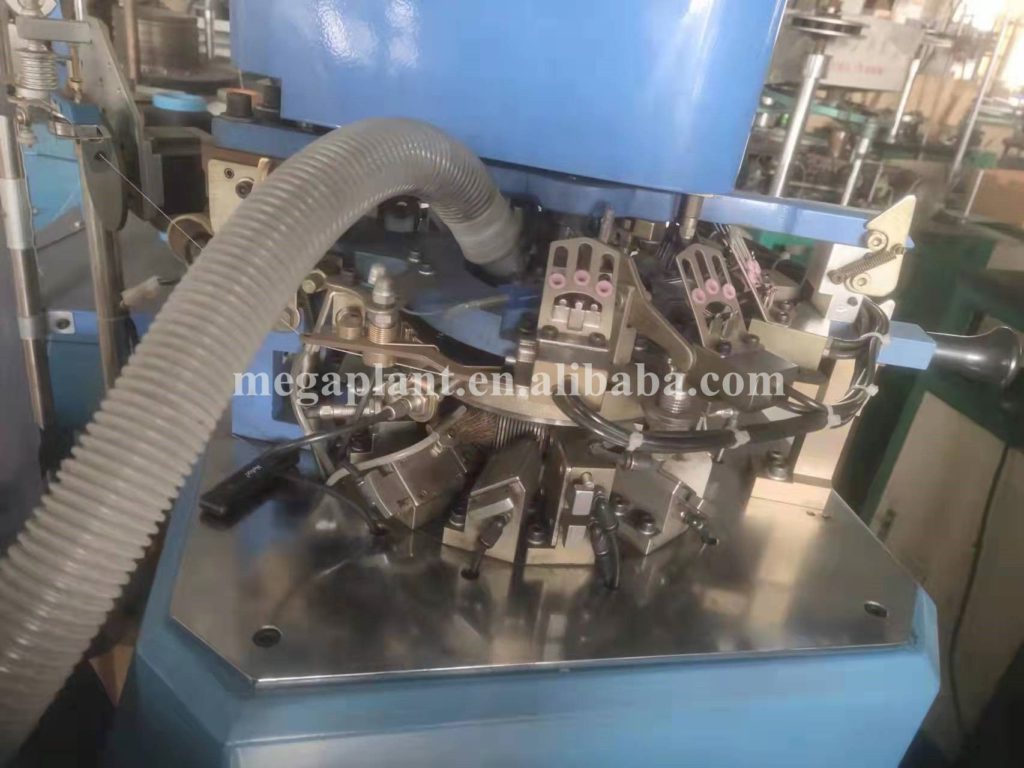
Unlike conventional thinking, the trend of disposability is changing with sock manufacturing. A sock-making machine enables quick transitions between patterns and designs. The popularity for custom, novelty, and sustainable sock markets are growing.
It supports use of recycled and organic yarns while producing minimal material waste. Global textile waste amounts to millions of tons annually—can you tap into niche markets with sustainable, customized socks?
19. Popsicle Making Machine

This complete system handles mixing, filling, freezing, and unmolding with temperature control ranging from -35°C to -40°C. Production capacity reaches 1,000-3,000 pieces per 8-hour shift. It enables creation of premium, multi-layered frozen treats.
Equipment investment runs $5,000-$15,000 for small-scale production. Raw material costs of $0.15-$0.40 per standard popsicle with retail pricing potential of $1-$3 for premium products. The gourmet ice pop market is growing at 6.5% annually.
18. Soap Making Machine

This complete system includes mixer, extruder, cutter, and stamper. Production capacity reaches 50-200 kg per hour depending on configuration. It enables creation of premium artisanal products with custom ingredients and natural formulations.
Equipment investment runs $9,000-$25,000 for complete system. Retail pricing potential hits $5-$15 per 100g bar for premium products, with profit margins of 70-80% achievable through effective marketing.
17. Strap-Weaving Machine

Notice how many products rely on durable webbing straps? Bags, belts, and outdoor gear all require these essential components. A $4,000 strap-weaving machine solves the custom production problem that plagues small manufacturers. Add a $300 hot cutter, and you can efficiently produce runs of 200–300 feet.
This machine ensures tight, even straps using durable nylon thread. It empowers entrepreneurs to create customized products on demand without dealing with massive minimum orders from larger factories.
16. Cookie Portioning Machine

This automated dough portioning system features adjustable weight and size controls. Production capacity reaches 600-1,200 cookies per hour. It ensures consistent cookie size, weight, and appearance while significantly increasing production speed.
Equipment investment runs $2,500-$5,000 for basic models. It reduces labor costs by 50-70% compared to manual portioning. Typical payback period runs 8-12 months with regular production schedules.
15. Pasta Making Machine

Picture the warm aroma of freshly made pasta filling the air. This machine mixes dough and presses it into various shapes. Vibrant green spinach pasta and deep black squid ink noodles add unique appeal.
The pasta-making machine transforms simple ingredients into culinary delights. It’s like a culinary alchemist transmuting flour and water into edible gold for farmers markets and local delivery services.
14. 3D Clay Printer

This machine extrudes clay slip through precision nozzles creating complex geometric designs impossible with traditional techniques. Build volume typically measures 200mm × 200mm × 300mm for desktop models. It’s compatible with various clay formulations including porcelain.
Equipment investment runs $3,500-$7,000 for desktop models. Retail pricing potential hits $50-$300 per piece depending on complexity. The market for unique, algorithmically-designed ceramics and architectural applications is growing.
13. Fiber Laser Rust Removal Machine

Collectors worldwide understand the frustration of restoring rusty metal objects. The Fiber Laser Rust Removal Machine solves this problem with unparalleled efficiency. The equipment costs around $8,500, but requires no consumables—only electricity. Cleaning services charge $40-$60 per car part and $70-$90 per hour for larger projects.
The process generates no dust or sparks, making it environmentally friendly and invaluable for restoration businesses. This is just one example of groundbreaking technologies that are changing how small businesses operate.
12. Cotton Pad Making Machine

This machine utilizes ultrasonic bonding technology for material fusion. Production capacity reaches 120-200 pieces per minute. It creates consistent, professional-quality cosmetic applications while supporting various pad thicknesses and densities.
Equipment investment runs $15,000-$25,000 for basic production line. Material costs of $0.01-$0.02 per standard cotton pad with wholesale pricing potential of $0.03-$0.06 per pad.
11. CNC Wood Lathe

Woodworkers consistently praise this machine’s profit potential. The process begins with a raw block, sculpted by the CNC wood lathe in just 2-3 minutes. Material and electricity costs total around 60 cents per piece.
These pieces, crafted from exotic hardwoods, can be sold for $2-5 each. Add laser engraving for unique customization. The lathe’s precision combined with skillful finishing transforms simple wood into objects of lasting value.
10. Powder Packing Machine

Image: Alibaba
Supermarket shelves are packed with products requiring precise powder packaging. Unlike traditional spice companies, this machine simplifies the whole process. A powder packing machine measures the dose, forms the pouch, fills it, and seals it.
It can package coffee, spices, protein powder, detergent, and vanilla sugar. The machine is versatile, adapting to different powders and pouch sizes while improving efficiency and product appeal.
9. Laser Engraving Machine (Glass)

Unlike older methods, this machine sculpts memories within glass like capturing stars in a jar. The micro-fracturing technology creates stunning 3D images within clear glass, visible from every angle. The exterior remains perfectly smooth, untouched by the internal artistry.
Emotional appeal drives premium pricing for personalized products. This machine enables you to craft unforgettable gifts that transform simple glass into cherished heirlooms.
8. Paper Straw Making Machine

This multi-stage production includes paper feeding, rolling, glue application, cutting, and drying. Production capacity reaches 100-300 straws per minute. It uses food-grade paper and edible adhesives for safety compliance.
Equipment investment runs $15,000-$23,000 for small-scale production. Growing regulatory support with plastic straw bans creates opportunities. The global market is projected to reach $1.6 billion by 2025.
7. Barbed Wire Making Machine

Engineered with precision components, this machine transforms steel into protective barriers. The machine twists steel wire strands, wrapping barbs every 4-6 inches. This produces coils of barbed wire from 300 to 600 feet per roll.
Due to sanctions, tariffs, and anti-dumping laws, barbed wire prices are rising in the US. This machine enables small-scale production, meeting demands of agriculture, security, and construction sectors.
6. Jelly Candy Machine

This complete processing system handles mixing, molding, and cooling with temperature control systems for precise candy formation. Production capacity reaches 50-150 kg per hour depending on model. It creates custom-shaped candies using interchangeable molds.
Equipment investment runs $8,000-$9,000 for small-scale production. Raw material costs of $3-$5 per kg with retail pricing potential of $15-$25 per kg for premium candies.
5. Sublimation Printer and Heat Press

This system creates permanent, waterproof, and UV-resistant images on polyester-coated surfaces. Operating temperature around 400°F for optimal results. Transfer time of 30-60 seconds depending on substrate. Investment typically recouped after selling around 300 mugs.
Profit margins typically run 70-80% on finished products, with strong demand on e-commerce platforms for personalized gifts and promotional items. These innovative gadgets have opened up entirely new markets for home-based entrepreneurs.
4. Envelope Making Machine

This machine features automatic feeding, folding, gluing, and cutting functions. Production capacity reaches 40-120 pieces per minute. It delivers high production efficiency with minimal labor requirements and exceptional material efficiency with minimal waste.
Equipment costs approximately $6,500. Material cost efficiency means $250 of paper yields 40,000 envelopes. Production cost runs $0.01-$0.03 per standard envelope with retail pricing potential up to $0.20.
3. Mesh Scrubber Making Machine

Image: Alibaba
Mesh scrubbers represent a massive global market with billions sold annually. This vast market signifies constant demand for a simple, essential household product. A mesh scrubber-making machine taps directly into this continuous consumer need.
Eco-friendly versions achieve a 50% price increase over conventional scrubbers. Year-round demand guarantees steady revenue while concerns about plastic waste drive eco-conscious consumers to seek alternatives.
2. Bottle Molding Machine

This machine creates plastic bottles from preforms using blow molding technology. Production capacity reaches 300-1,200 bottles per hour depending on model. This fills the market gap for small-batch bottle production of 5,000-10,000 units.
Growing adoption among craft beverage producers and small cosmetics companies. ROI typically gets achieved within 18-36 months depending on utilization, with operating costs of $0.02-$0.05 per bottle.
1. Pressed Pallet Making Machine

Unlike nailed pallets, pressed pallets offer a sustainable, cost-effective alternative. This machine transforms sawdust and wood shavings into sturdy shipping platforms. Pressed pallets are 30% lighter than standard pallets, reducing shipping costs.
They also resist moisture and stack efficiently, saving storage space. The potential for free raw materials creates significant cost savings while contributing to a circular economy. These types of machines to make money have become increasingly accessible to small entrepreneurs.


